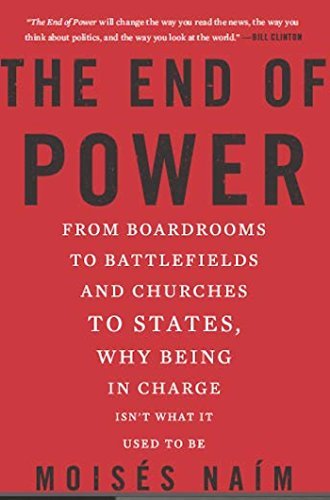
The end of Power
The fall of barriers to power is opening the door to new players of the kind that have transformed chess—and, as the chapters ahead will detail, are now transforming other major fields of human competition.

Dear Chairman
In almost nine years as a fund manager, I’ve become increasingly cynical about how public companies are run. In the wasteland of small capitalization companies where I often look for investment ideas, corporate governance can be downright abysmal. I’ve had large investments in several public companies that willfully screwed their shareholders, and I’ve watched many more such situations from the sidelines.

The Square and the Tower
This book is about the uneven ebb and flow of history. It distinguishes the long epochs in which hierarchical structures dominated human life from the rarer but more dynamic eras when networks had the advantage, thanks in part to changes in technology. To put it simply: when hierarchy is the order of the day, you are only as powerful as your rung on the organizational ladder of a state, corporation or similar vertically ordered institution. When networks gain an advantage, you can be as powerful as your position in one or more horizontally structured social groups. As we shall see, this dichotomy between hierarchy and network is an over-simplification. Nevertheless, some personal disclosures may illustrate its usefulness as a starting point.
